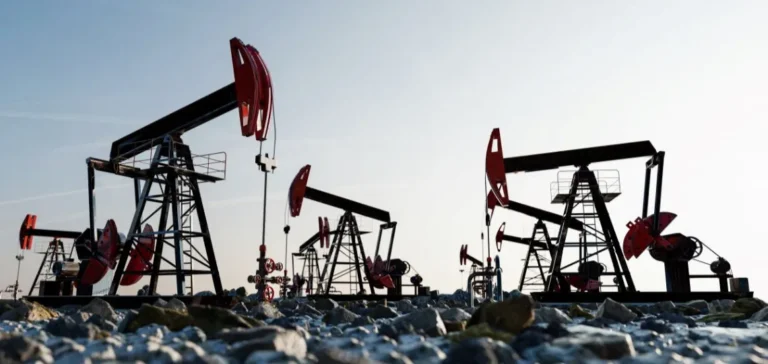The Chadian government has unveiled a new strategic plan for the oil sector, aiming to increase its crude oil production to 250,000 barrels per day by 2030, a 69% increase from the current production of around 140,000 barrels. This plan, covering the period from 2025 to 2030, is largely based on public investments aimed at strengthening infrastructure and modernizing resource exploitation.
Investments in Upstream and Downstream
The primary objective of the plan is to stimulate exploration and production activities in the upstream sector, while developing refining and distribution capacities in the downstream sector. Significant public investments are planned to modernize logistical infrastructure such as pipelines, storage depots, and terminals. Additionally, the government is focusing on strengthening the governance of the sector, notably through the implementation of legal and institutional reforms, to attract new investors and ensure transparent resource management.
The plan also includes developing local content to maximize economic benefits for the Chadian population, with initiatives in training and job creation in the oil sector. This approach aims to capture a larger share of the added value generated by the oil industry at the national level.
Oil as a Pillar of Chad’s Economy
Oil remains a key sector in Chad’s economy, accounting for approximately 60% of the country’s export revenues. However, production has shown signs of decline in recent years, partly due to aging infrastructure and a lack of investments in upstream activities. In 2024, average production was 144,000 barrels per day, but it fell to 137,000 barrels per day between January and May 2025, according to an analysis by Energy Intelligence.
In this context, the Chadian government sees strengthening public investment in the oil sector as crucial for ensuring sustainable economic growth. In 2024, the African Development Bank (AfDB) projected that the country’s gross domestic product (GDP) growth would remain strong, with a forecast of 5.3% growth in 2025, supported by the dynamism of the oil sector.
Reforms and Attractiveness for Investors
The success of this plan will largely depend on the authorities’ ability to ensure legal and fiscal stability in the oil sector. The Chadian government will also need to ensure transparency in decision-making processes and resource management to attract private investors. Efforts will be needed to restore the confidence of financial and technical partners, especially in a context where aging infrastructure represents a barrier to the sector’s development.






















